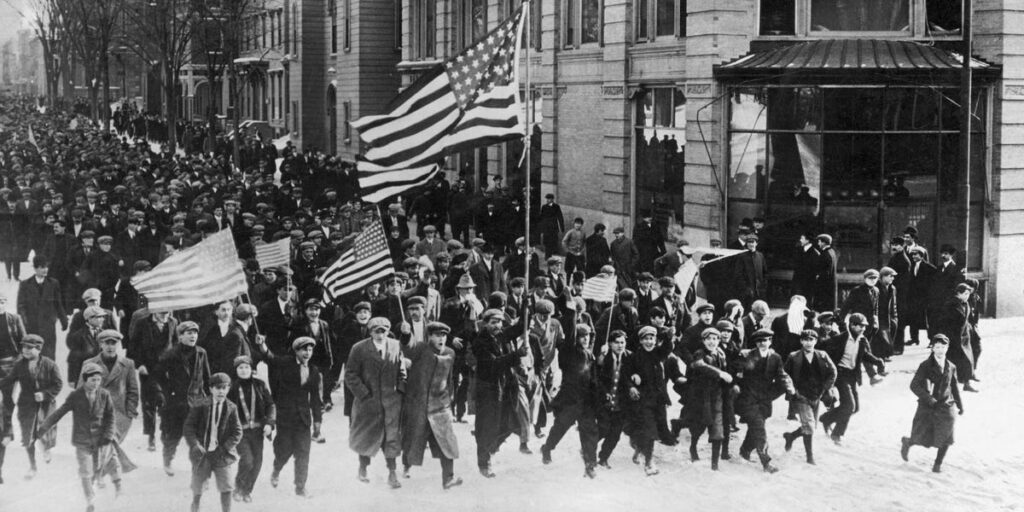- William McKinley came to power during a time of economic instability and inequality.
- As a congressman in 1890, he authored the highest and most protectionist tariff act in US history.
- As president, his views on trade shifted towards a more reciprocal approach.
President Donald Trump has brought a historical figure to the forefront in recent months: William McKinley, the 25th president of the United States.
McKinley, who was president between 1897 and 1901, famously authored the highly protectionist Tariff Act of 1890, later named after him, which imposed over 50% tariffs on many imported goods.
President Trump has name-dropped McKinley multiple times. During the 2024 campaign, Trump repeatedly lauded McKinley’s tariff policies, crediting them for making America a “very wealthy country.”
“In the 1890s, our country was probably the wealthiest it ever was because it was a system of tariffs,” Trump said in a Michigan town hall in September. “We had a president, you know McKinley?”
Since returning to the White House, Trump has enacted his own aggressive tariffs, including 25% tariffs on all steel and aluminum imports and a 10% tariff on imports from China. Earlier this month, he also imposed a 25% tariff on most items from Canada and Mexico, but later delayed those tariffs for 30 days.
McKinley’s tariff policies, which were rolled out when he was a congressman, had far-reaching impact on the economy, and were ultimately widely unpopular among voters, leading him and other Republican congressmen to lose their seats in the 1890 midterms. Even McKinley himself changed his mind on foreign trade by the time he became president.
“This was protectionist at its height,” William K. Bolt, a professor of history at Francis Marion University, told Business Insider of McKinley’s original policy. “And there was a significant political backlash against it.”
Photos from the late 19th century and early 20th century highlight the economic factors that led to McKinley’s tariffs, how they changed day-to-day life for Americans, and what ultimately led to him backtracking on his policies.


